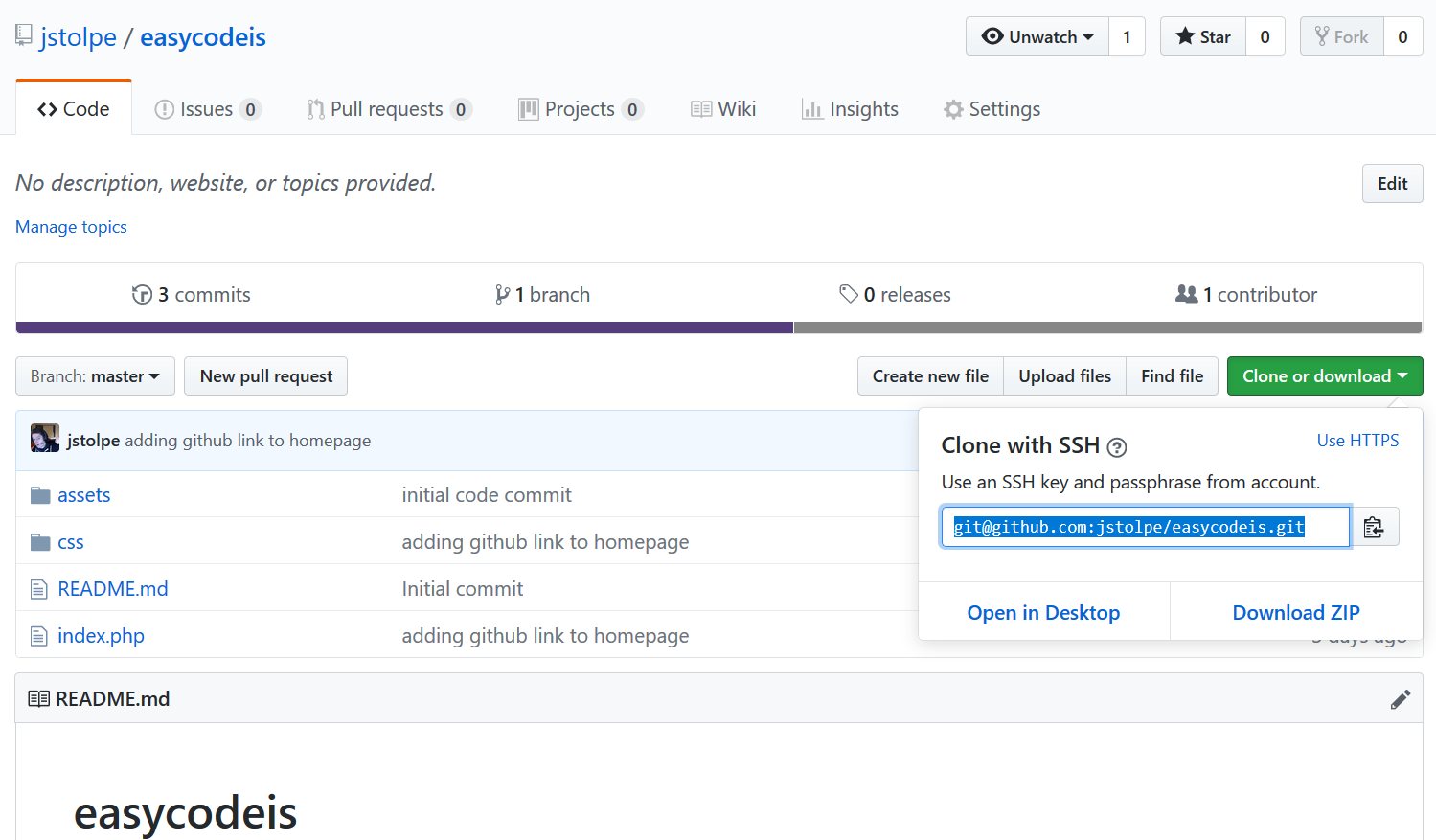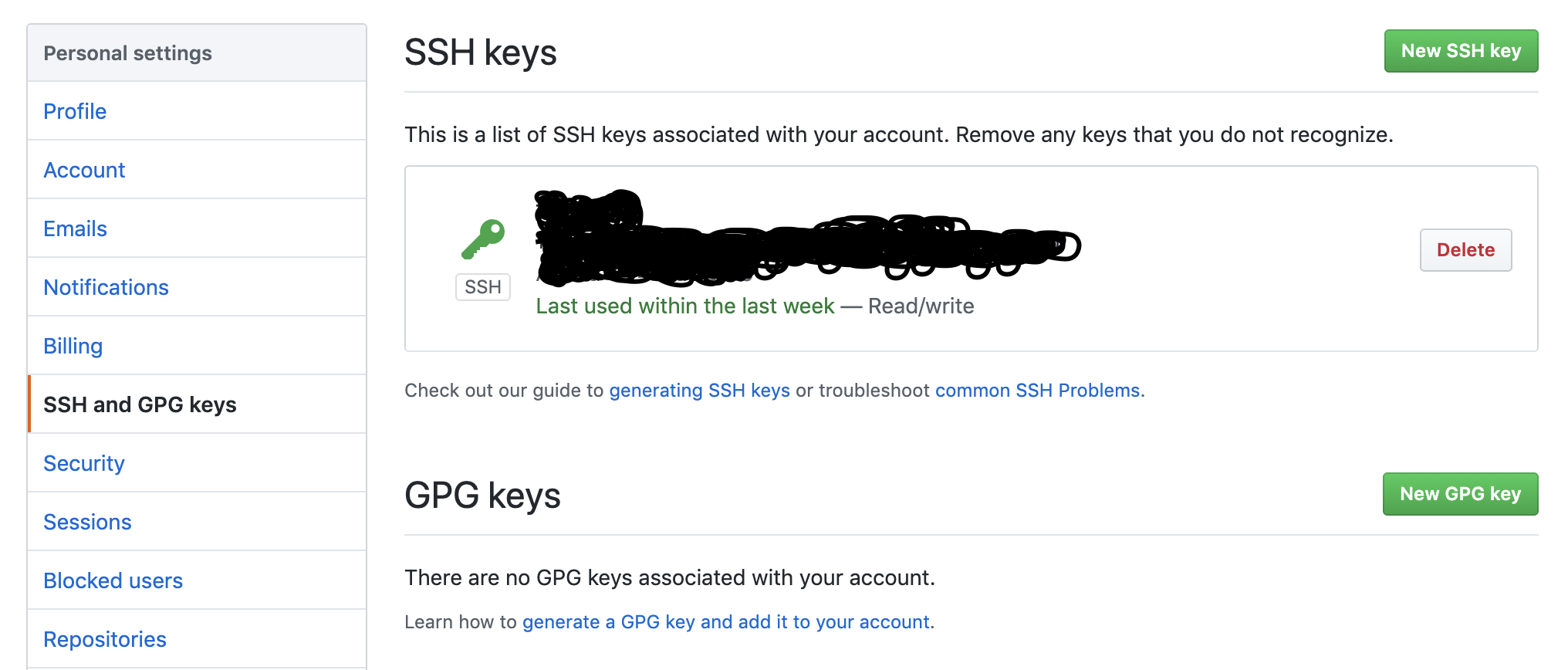

However, if you do not have a git sha in the spec (typically, because there's no lockfile present), then we will have to do a git rev-list to figure out which sha we need to fetch, and that's where it runs into trouble. If the repo is public, and a git sha is specified in the spec that we're fetching, then we never hit it via git at all npm will just fetch the tarball from the appropriate CDN url for the known host.
#Github cli ssh install#
The tricky bit is that using https without auth in the url will trigger a prompt to enter a username and password on the command line, which will fail (or at least be confusing and strange) in many cases where an install with ssh would work fine. We currently keep the https url if auth is set in the url, because presumably you need that auth to access the repo. Please do not hesitate to ask, if something is left unclear. I hope I explained the problem better now. I don't know if the bug is specific to GitHub: adding was transformed into github:uhop/stream-chain (please peruse my bug report above), and who knows what protocol it assumes.

When running npm ci it should use the original URL with the HTTP authentication instead of SSH. The fix is relatively minor yet unpleasant: we have to replace npm ci with npm i, which takes more time and introduced instabilities with other dependencies. Rewriting to is not acceptable for that reasons. The problem is that a build bot we use in similar situations can access private git repositories using HTTP, but not SSH for security reasons. But other two links (?) are rewritten from to which is clearly bad. Note that was replaced with github:uhop/stream-chain, which is probably OK in this case. In addition to Git with SSH, the secure SFTP protocol can be used to exchange files with servers without the need for further configuration.Ĭonnecting to Git repositories is usually done from the command line."stream-chain": "github:uhop/stream-chain " Other protocols and services also benefit from SSH keys for an encrypted network connection.

Once it’s set up, the SSH key allows permanent access to GitHub without further intervention. Using GitHub via SSH is extremely convenient. Instead of a person knowing the password, a machine is authenticated on which the private key is stored. In general, passwordless logins are considered more secure because a password can be picked up on by keyloggers or trojans. If you use an SSH key to access GitHub repositories, you don’t need to enter a password. The public key is shared with third parties, e.g., GitHub. The private key remains on the user’s own computer. This is also referred to as a “public / private key pair”. First, a pair of private and public keys is created. GitHub via SSH uses asymmetric encryption as a cryptographic method. Without this, it would be possible for unknown parties to make arbitrary changes to repositories. Git uses SSH as a transfer protocol and allows read and write access to remote repositories.Īn encrypted connection is used to enable authentication of the machine and to ensure that the transmitted data cannot be falsified. SSH allows you to log into a server from your home machine. The Secure Shell (SSH) is the standard tool for encrypted access to remote systems.


 0 kommentar(er)
0 kommentar(er)
